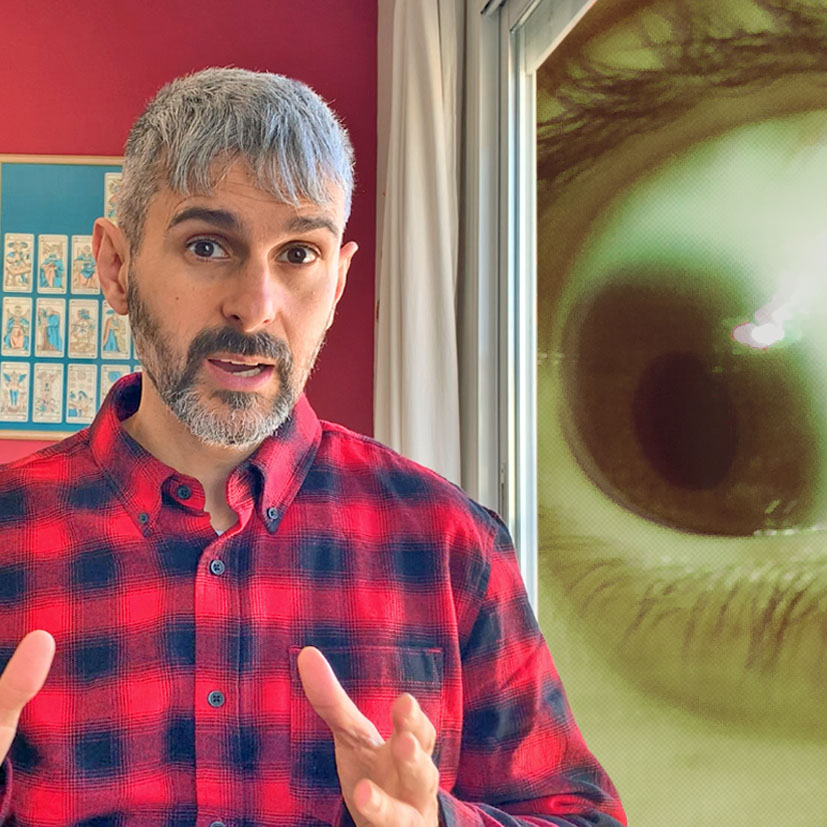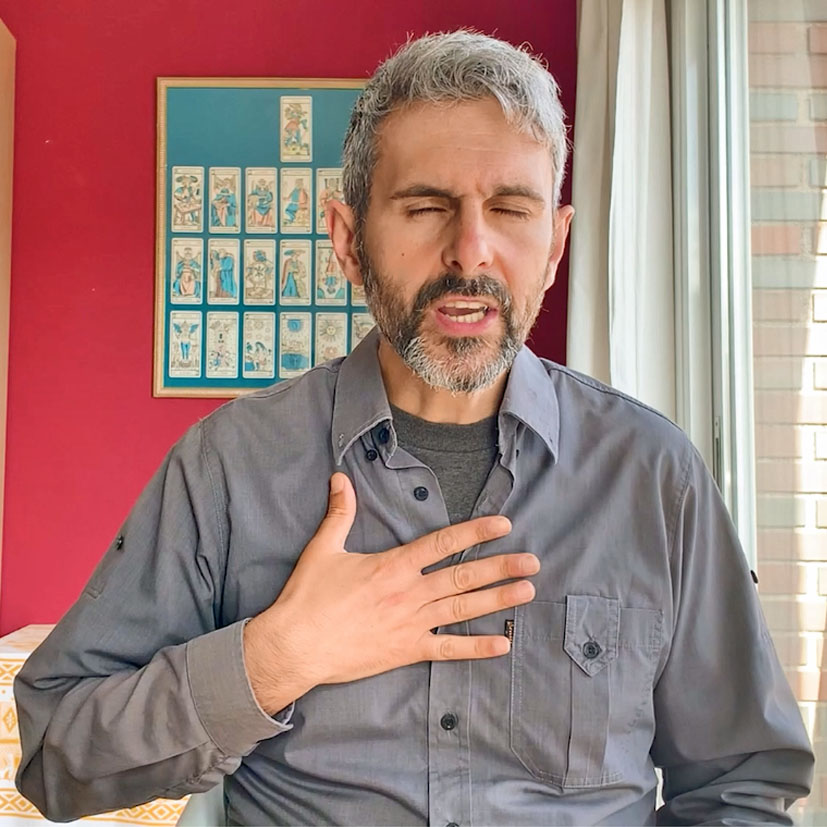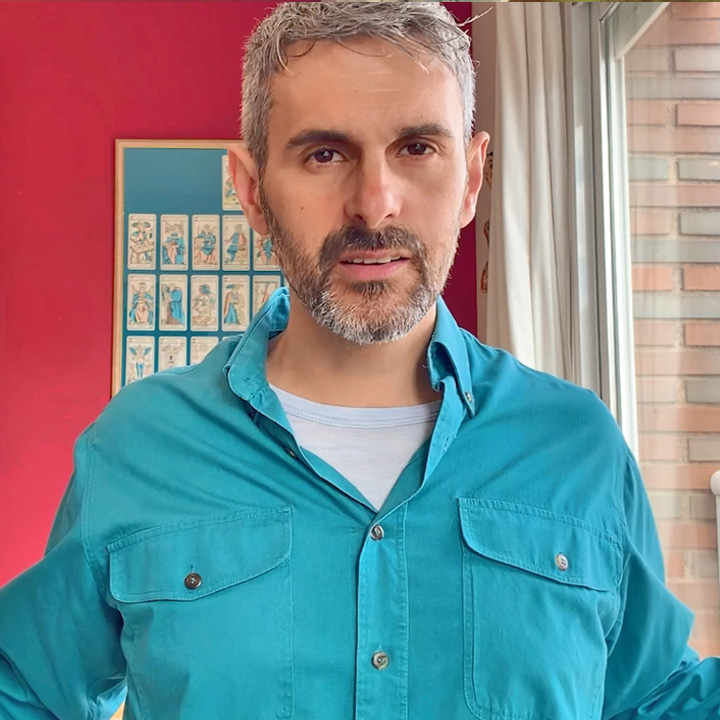Emotional dependency is a persistent pattern that has its peaks and its lows. It is prone to HSP (highly sensitive people) and presents comorbidity (pathologies that occur simultaneously) with anxiety, neurosis, depression, etc. Various psychologists have proposed it as a personality disorder (ADAVAS, 2005; Castelló, 2005; Ferré, 2018). So this tendency will be latent throughout life.
This leads us to question the marketing strategies that sell us the treatment of emotional dependence, as if it were a matter of personal improvement. For example, Silvia Congost (2020), states: “Only when you know who you are and where you are going, will you be able to decide who you want to accompany you.” Isn’t this phrase sensational? Now, what does this have to do with the treatment of a pathology?

Announce that when you “know who you are” (as if you were not already who you are) and “where you are going” (as if your life had not yet taken its course), then (and notice how much demagoguery there is in this statement) you will be able to DECIDE who you want to accompany you!
One of the most virulent and painful symptoms of codependency is precisely the need for absolute control. Is it painful because said control is not achieved? No, it’s painful because if you have to control everything to be well, then you can’t trust anyone, not even yourself.
“One of the most painful symptoms of codependency is the need for control”
Messages like “Wanting is power” generate a lot of suffering when “wanting” is confused with “worth,” and “power” with “love.” In this way, “worth is (having) love.” If you show who you are, that you know you know what you want, etc., then you will deserve to love. Addressing this message to a group that suffers from feeling inadequate is feeding their reactivity for their own convenience.
Love means letting be. Knowing this, a therapeutic accompaniment phrase would be: You do not need to know who you are, or where you are going, so that your life passes in peace, with those who are by your side. This is a formulation that is not self-serving. But it is the truth, no matter how little “commercial hook” it may have.
What I would like, as a patient or as a therapist, has to be left out of the consultation. If not, can you imagine going to a specialist and having him tell you what he knows you want to hear, because that’s how you’ll keep going? What then happens to the truth that can heal you, whether you like it or not?
“What I would like, as a patient or as a therapist, has to be left out of the consultation.”
In codependency, the person feels deeply inadequate. That is why feeding the discourse about who I should be (“if I did better, if I knew who I was and where I was going, I could even decide who to be with”), makes the suffering of being who one is already being justified, stoking hatred and fighting against oneself.

CONCLUSION
There have always been and always will be those who make a business of other people’s pain. But serious therapy cannot be based on the strategies of commercial interest or influence groups. In any case, that’s how it’s sold. For this reason, an appropriate therapeutic intervention involves developing critical thinking, so that deciding (“who you want to accompany you”) is not a reward (versus a punishment), but rather a recognition of oneself.
BIBLIOGRAPHY
ADAVAS, Asociación de ayuda a víctimas de agresiones sexuales y violencia doméstica (2005): X Jornada de dependencia emocional. Junta de Castilla y León.
Castelló Blasco, J. (2005): Dependencia emocional. Madrid. Alianza Editorial.
Ferré, S. (2018): La revolución afectiva: De la dependencia emocional al agenciamiento afectivo. Barcelona. Ed. Círculo Rojo.
Congost, S. (2020). La voz de mi alas. Barcelona. Ed. Zenith.



